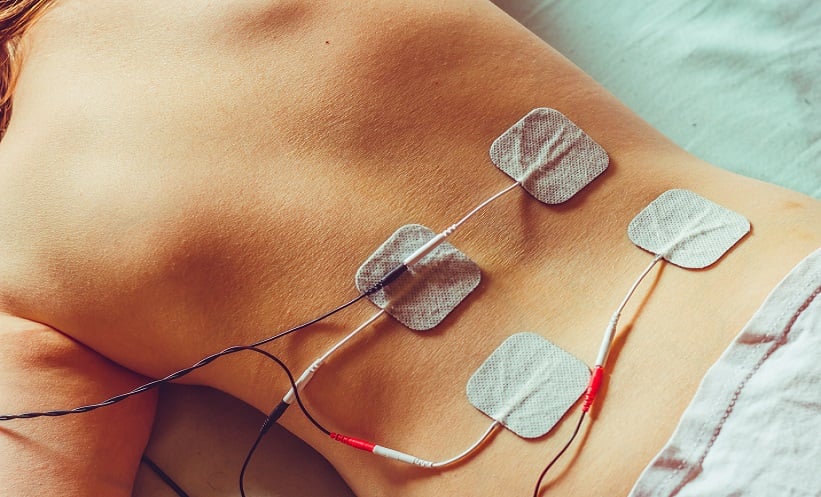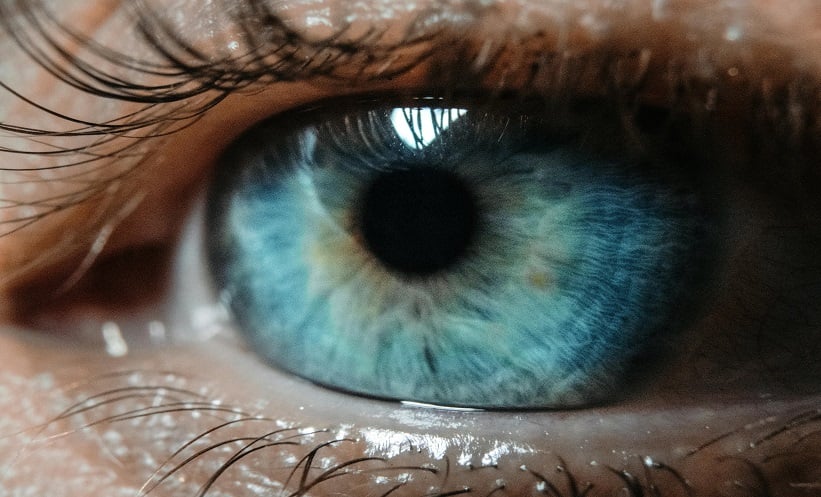DIABETIC neuropathy is a common and debilitating complication affecting approximately 60% of individuals with diabetes. Pharmacological treatments often fail to provide adequate relief and may cause adverse effects, prompting interest in non-invasive brain and nerve stimulation techniques as alternative therapies. A recent systematic review and network meta-analysis aimed to compare the effectiveness of these non-invasive interventions in managing pain and related symptoms in patients with diabetic neuropathy.
A comprehensive search of electronic databases was conducted up to 6 September 2024 to identify randomised controlled trials assessing non-invasive brain or nerve stimulation in diabetic neuropathy patients. The primary focus was on changes in pain severity, with secondary outcomes including quality of life and sleep disturbance. Acceptability was measured by dropout rates. The analysis employed a frequentist-based network meta-analysis approach, calculating odds ratios and standardised mean differences with 95% confidence intervals to evaluate intervention efficacy.
The review incorporated 15 randomised controlled trials involving 1,139 participants with a mean age of 61.2 years, of whom 53.8% were female. Ten interventions were examined, including one control, four non-invasive brain stimulation techniques, and five nerve stimulation methods. Among these, transcutaneous electrical nerve stimulation (TENS) was the only intervention to show significant improvement in pain severity (SMD: -1.67; 95% CI: -2.64–-0.71) and sleep disruption (SMD: -1.63; 95% CI: -2.27–-0.99) compared with control. No significant differences were observed in dropout rates or mortality between interventions and control groups.
These findings suggest that TENS may offer meaningful benefits in managing pain and sleep disturbances associated with diabetic neuropathy, potentially improving patient quality of life. However, the analysis was limited by the moderate number of studies and relatively short treatment durations. Further robust, long-term trials are necessary to confirm sustained efficacy and safety, and to guide clinical practice in adopting these non-invasive therapies as standard care options.
Reference
Tseng PT et al. The comparative evidence of efficacy of non-invasive brain and nerve stimulation in diabetic neuropathy: a systematic review and network meta-analysis. J Neuroeng Rehabil. 2025;22(1):88








